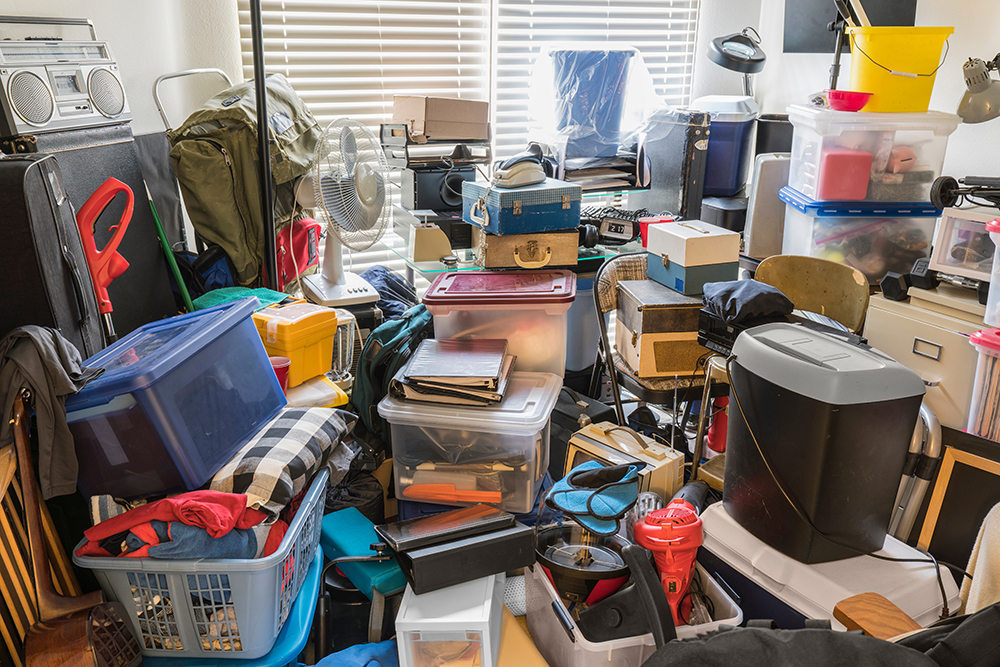At Canyon Crossing, we understand the intricacies of mental health, acknowledging the intersection between various psychological issues. For example, the relationship between trauma and hoarding disorder is a puzzling and profound emotional complexity.
Beyond the Clutter – the Traumatic Roots of Hoarding
Hoarding is not merely an obsession with collecting objects or a reluctance to throw things away. It’s a profound psychological disorder where people amass so many belongings that their living spaces become disorganized and nonfunctional. But why do some women gravitate toward this behavior?
While the origins of hoarding can trace back to multiple factors, trauma stands out as a significant catalyst for many.
- Loss and grief: Death, divorce or other pivotal life shifts can trigger hoarding behaviors. Objects can become symbolic, representing memories or a semblance of stability amid chaos.
- Childhood traumas: Those who endured childhood adversities, like abuse or abandonment, might see their possessions as protective shields. These items offer a tangible comfort that may have been lacking in your formative years.
- Disasters: Mother Nature’s wrath leaves emotional scars. People who’ve lived through disasters might cling to their remaining belongings, seeing them as the last remnants of a life before the upheaval.
- Life-altering experiences: Traumas encountered in adulthood, like accidents or severe health diagnoses, can make you want to clutch your possessions tightly. Every item becomes a testament to your journey and resilience.
Mental Health and Hoarding
Interestingly, hoarding seldom exists in isolation. It typically intersects with other mental health conditions.
- Depression: The clutter that hoarders surround themselves with often mirrors their internal chaos. Feelings of desolation, hopelessness and a sheer lack of will may parallel the overwhelming accumulation.
- Anxiety: An incessant cloud of worry shadows hoarders. The sheer thought of parting with their belongings can spike stress levels, making decision-making a colossal challenge.
- Obsessive-compulsive traits: The obsessive nature of constantly thinking about possessions, coupled with compulsive behaviors like an inability to discard items, amplify the hoarding disorder.
Reshape Your Life With Grace and Integrity
Understanding the nexus between trauma and hoarding is pivotal in providing effective care. At Canyon Crossing, we champion a compassionate, holistic approach, addressing not just the overt hoarding behavior, but the deep-seated traumas fueling it. For those grappling with hoarding tendencies or loved ones seeking help for them, remember that acknowledging the problem is the first step. With support and therapeutic interventions, reclaiming your physical and emotional space is entirely attainable. Contact us today to learn more about women’s-only mental and behavioral health care in Arizona.



